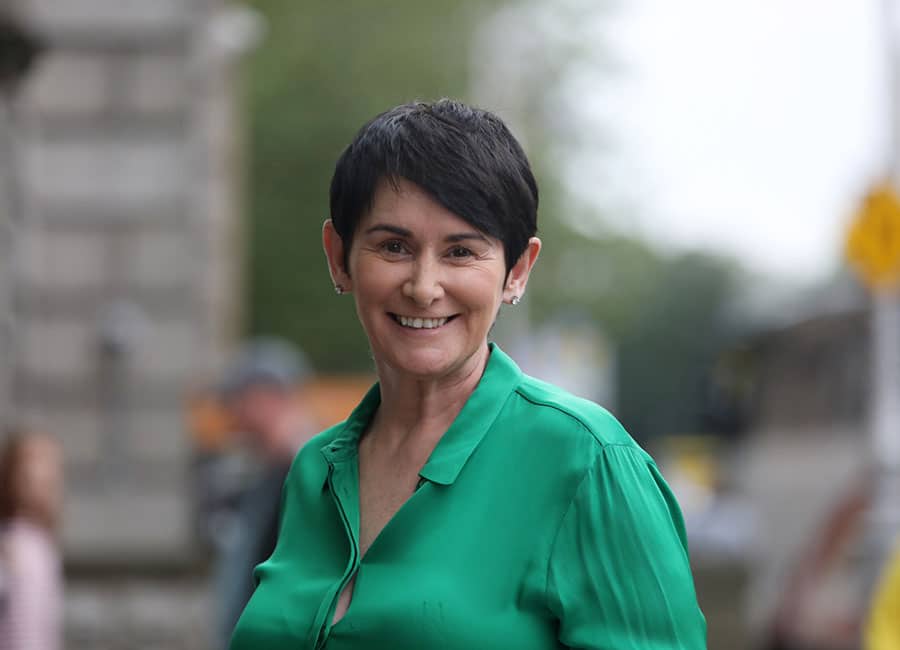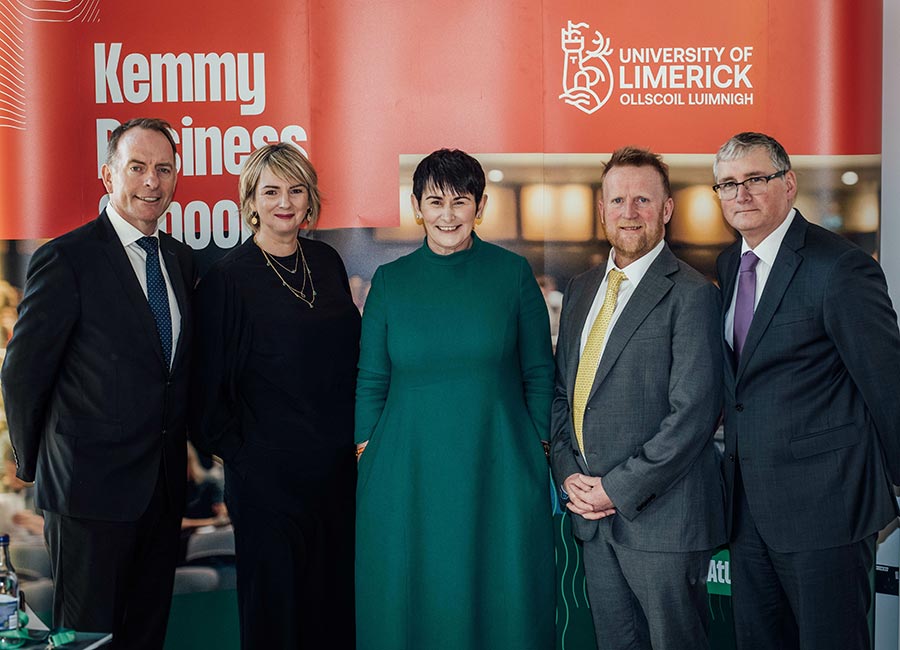Many senior executives report feeling burnt out as they contend with the challenges of hybrid working, multigenerational workforces, digital transformation as well as global concerns such as climate, energy and the economy.
These insights into what it is like to manage a business in Ireland today are revealed in a new study undertaken by the Kemmy Business School Work Futures Lab at the University of Limerick.
Sustainable Leadership for a Post-Digital Age engaged with 72 executives in focus groups, of whom 55 also progressed to an in-depth interview. The majority work in multinationals.
Sarah Kieran, assistant dean of the KBS Academy and principal investigator on the study, commented that the romanticised view of leadership, the hero-leader at the top of the organisation, is not relevant for the times we live in.
“Our interviewees recognise that leadership must be encouraged and sustained down through the organisation and know a more human-centric approach to work is the only way forward,” she said. “They believe that without significant changes in organisations the next generation will not step up to lead.”
“Leaders stress the importance of having a strong network of like-minded people to support their journey. In response ICBE in collaboration with the Kemmy Business School will later this year launch a new programme to facilitate this type of peer-to-peer networking.”
The research findings include:
+ Leadership is recognised as being an extremely challenging role and significant effort is required to meet key organisational deliverables against a backdrop of global shifts, uncertainty and evolving organisational structures.
+ Leaders have never been more scrutinised; on their performance and impact on organisational deliverables from above and how they engage with people to achieve them from below.
+ This is causing leaders to reflect on their roles, seeing leadership as a personal journey of development but also as a collective experience where leadership capability and mind-sets need to be grown throughout the organisation.
+ Increasingly, leaders recognise that leadership needs to be shared across the organisation in order to lead to successful business outcomes. This sharing of leadership is multi-directional with those at the top appreciating they have much to learn from those down through the organisation.
+ Faced with these challenges, leaders are reflecting more deeply on making the right choice for their people as much as their organisation.
+ Leaders believe that this new direction in leadership, essentially a Sustainable Leadership Philosophy, is vital to developing and engaging the next generation of Ireland’s leaders.
+ Humility emerges as one of the drivers of a more sustainable leadership approach, the humility to realise you cannot lead on your own.
+ Self-Reflection is a key enabler to leading sustainably. It allows leaders learn ‘as they go’ and becomes a tool through which they gain perspective while also acting as a reminder that leadership development never ends.

In her contribution to this research, Carolan Lennon country lead at Salesforce Ireland, noted: “What do you have to be to be a leader now? You have to be comfortable with not following the path of previous leaders. In fact, you need to figure out what you need to break.”
Eamonn Murphy, managing director of ICBE Business Excellence Skillnet, which commissioned the research, said ensuring MNC sites remain strategically relevant amidst the growing trend of de-globalisation is a key concern for executives in Ireland.
“Many of those interviewed said hybrid work is having mixed results,” he added. “It can lead to increased inclusivity and connectivity but it can also prove harder to influence and negotiate at corporate level, with fewer opportunities to sell an idea or secure investment.”
Photo (l-r): Paul Healy of Skillnet Ireland; Dr. Sarah Kieran, KBS; Carolan Lennon; Finbarr Murphy, KBS; Prof. Shane Kilcommins, Provost UL. (Pic: Brian Arthur)








